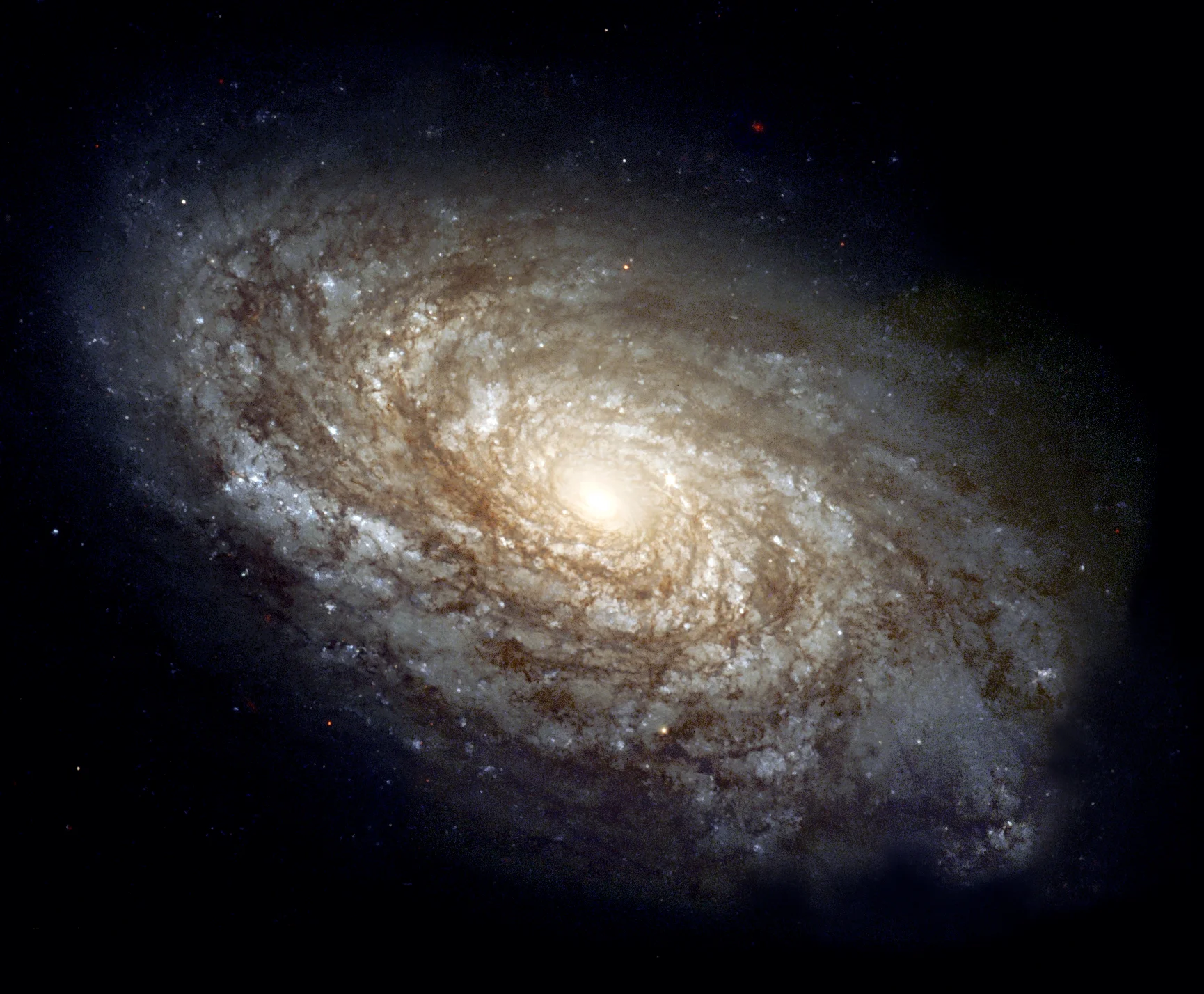
When it comes to unlocking the mysteries of the universe, cosmology is the field that takes center stage. It is a branch of astronomy that delves into the origins, evolution, and overall structure of the cosmos. From the study of galaxies and black holes to the exploration of the expansion of the universe, cosmology has provided us with incredible insights into the vastness of space and time.
In this article, we will dive into the intriguing world of cosmology and explore 11 astonishing facts that will leave you awestruck. From mind-bending concepts to mind-blowing discoveries, these facts will expand your understanding of the universe and demonstrate the awe-inspiring beauty and complexity that lies beyond our planet.
Key Takeaways:
- The Universe is 13.8 billion years old, with mysterious dark matter and dark energy making up 95% of its mass. There are potentially habitable exoplanets, inviting us to explore the wonders beyond our world.
- The expansion of the Universe is accelerating, and there could be parallel universes alongside our own. Most of the matter in the Universe is invisible, and it’s mostly empty space, yet filled with astonishing cosmic structures.
The Universe is 13.8 billion years old.
According to current scientific models, the age of the Universe is estimated to be around 13.8 billion years, based on observations of the Cosmic Microwave Background Radiation.
Dark matter and dark energy make up 95% of the Universe.
While ordinary matter, the stuff we are made of, only accounts for about 5% of the Universe’s total mass, the remaining 95% is composed of mysterious substances known as dark matter and dark energy, which scientists are still trying to understand.
There are more stars in the Universe than grains of sand on Earth.
The estimated number of stars in the observable Universe is roughly 10^22, which is more than the total number of grains of sand on all the beaches and deserts of our planet combined.
The expansion of the Universe is accelerating.
Observations have shown that the Universe is not only expanding but also accelerating in its expansion. This discovery led to the concept of dark energy, a mysterious force that is driving the acceleration.
Black holes can evaporate.
Stephen Hawking’s groundbreaking theory of black hole radiation states that black holes are not entirely black. They emit a form of radiation now known as Hawking radiation, causing them to slowly lose mass and eventually evaporate over a very long timescale.
There could be parallel universes.
The theory of parallel universes suggests that there may be multiple universes existing alongside our own, each with its own set of physical laws and conditions.
Most of the matter in the Universe is invisible.
Ordinary matter, which makes up stars, planets, and everything we can see, actually represents less than 5% of the total matter in the Universe. The majority of the matter is in the form of dark matter, which interacts very weakly with light and other forms of electromagnetic radiation.
The Universe is mostly empty space.
Despite the vast number of stars and galaxies, the Universe is predominantly empty space. The distances between objects are incredibly vast, with vast regions of seemingly empty space separating galaxies.
The Universe contains mysterious cosmic structures.
There are many fascinating cosmic structures in the Universe, such as galaxy clusters, superclusters, and cosmic filaments. These structures are formed through the gravitational interactions between galaxies and reveal the large-scale structure of the Universe.
The expansion of the Universe is faster than the speed of light.
While nothing can travel faster than the speed of light within space, the expansion of the Universe itself can cause objects to move apart faster than the speed of light, as the fabric of space itself is stretching.
There are potentially habitable exoplanets in the Universe.
Scientists have discovered thousands of exoplanets, planets that orbit stars outside our solar system. Some of these exoplanets are located within the habitable zone of their star, making them potential candidates for hosting life.
Conclusion
In conclusion, cosmology is a fascinating field that delves into the mysteries of the universe. The astonishing facts presented here highlight just how vast and extraordinary our cosmos truly is. From the mind-boggling size of the universe to the existence of dark matter and energy, there is still so much we have yet to discover and understand. Cosmology continues to push the boundaries of our knowledge and challenge our understanding of space and time. So, as we continue to explore and study the universe, we can only anticipate more astonishing revelations in the future.
FAQs
Q: What is cosmology?
A: Cosmology is the scientific study of the origin, evolution, and structure of the universe.
Q: How old is the universe?
A: The current estimated age of the universe is about 13.8 billion years.
Q: What is dark matter?
A: Dark matter is a hypothetical form of matter that does not interact with light or electromagnetic radiation, making it invisible to us. It is believed to make up a significant portion of the universe’s mass and plays a crucial role in the formation of galaxies and the large-scale structure of the cosmos.
Q: What is dark energy?
A: Dark energy is a mysterious force that is thought to be responsible for the acceleration of the universe’s expansion. It accounts for approximately 68% of the total energy content of the universe.
Q: How big is the universe?
A: The observable universe has a diameter of about 93 billion light-years, but it is likely much larger beyond what we can currently observe.
Q: What is the Big Bang theory?
A: The Big Bang theory is the prevailing cosmological model that explains the origin and expansion of the universe. It states that the universe began as a singularity and has been expanding ever since.
Q: Are there other universes?
A: The possibility of multiple universes, known as the multiverse theory, is a topic of ongoing speculation in cosmology. While there is no conclusive evidence yet, it is a fascinating idea that some scientists explore.
Q: How do scientists study the universe?
A: Scientists study the universe through various methods, including telescopes, space missions, computer simulations, and theoretical models. They gather data from cosmic microwave background radiation, gravitational waves, and the behavior of celestial objects to build our understanding of cosmology.
Q: What is the fate of the universe?
A: The ultimate fate of the universe is still uncertain. Depending on the amount of matter and dark energy, it could either continue expanding indefinitely or eventually contract in a “Big Crunch” scenario.
Q: Can we travel to other galaxies?
A: At the moment, intergalactic travel is beyond our technological capabilities. The vast distances and the limitations of the speed of light make it highly challenging to explore other galaxies.
Q: What are black holes?
A: Black holes are incredibly dense objects with gravitational forces so strong that not even light can escape them. They form when massive stars collapse under their own gravity.
Was this page helpful?
Our commitment to delivering trustworthy and engaging content is at the heart of what we do. Each fact on our site is contributed by real users like you, bringing a wealth of diverse insights and information. To ensure the highest standards of accuracy and reliability, our dedicated editors meticulously review each submission. This process guarantees that the facts we share are not only fascinating but also credible. Trust in our commitment to quality and authenticity as you explore and learn with us.


